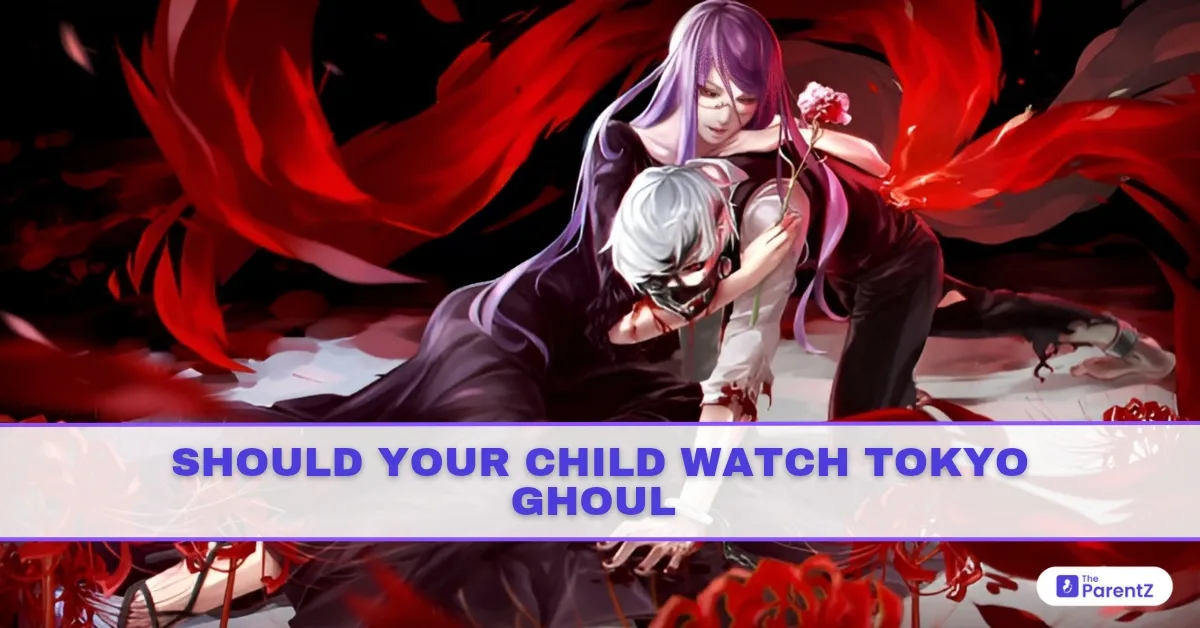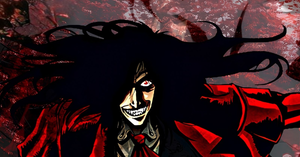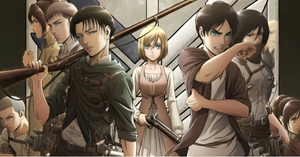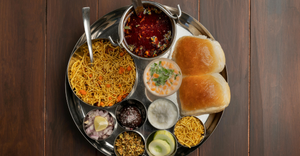A Parental Review That Goes Beyond the Blood
Introduction
At first glance, Tokyo Ghoul might look like another edgy anime with a cool protagonist and some flashy fight scenes. But don’t let the stylish animation fool you—this show is dark. And not just in the “gothic aesthetic” sense. We're talking about graphic violence, body horror, and a disturbing exploration of what it means to be human—or something else entirely.
For parents, that raises a serious question: Is Tokyo Ghoul something your teen should be watching? Or is it one of those shows that’s better left until they’re emotionally equipped to handle what it throws at them?
Overview
Tokyo Ghoul follows Kaneki, a shy and bookish college student whose life takes a brutal turn when he’s transformed into a half-ghoul—creatures who look human but survive by eating human flesh. Suddenly, Kaneki finds himself trapped between two worlds: one that sees him as a monster, and another that demands he become one.
From there, the story spirals into a psychologically heavy ride filled with identity struggles, moral dilemmas, and relentless violence. It’s stylish, complex, and deeply unsettling.
Theme
The central theme of Tokyo Ghoul is identity. What makes us human? Is it our bodies, our choices, or something else? Kaneki’s journey is one of isolation, transformation, and survival—not just physically, but mentally.
But it doesn’t stop there. The series dives into:
Cannibalism and Morality
Ghouls survive by eating people, and the show doesn’t sugarcoat it. While it doesn't glamorize cannibalism, it does explore it in graphic and metaphorical ways. It's a jarring concept, and one that can deeply disturb younger or sensitive viewers.
Psychological Breakdown
As Kaneki loses parts of his old self, the show depicts mental trauma and dissociation in detail—complete with hallucinations, breakdowns, and inner dialogues that toe the line between haunting and heartbreaking.
Violence and Torture
Violence in Tokyo Ghoul isn’t just background noise—it’s front and center. Characters are dismembered, tortured, and murdered in brutal ways. Even the emotional pain is often as intense as the physical.
Age Preference
Recommended for: 18+ (Mature Teens and Adults)
While some 16- or 17-year-olds might be able to handle the content, this series was never meant for kids or younger teens. It's a mature psychological thriller at heart—emotionally and visually intense, and definitely not suited for viewers who aren’t ready to process that kind of depth and darkness.
Who Should Not Watch
If your child is particularly affected by:
- Graphic imagery (including body horror, disfigurement, and mutilation)
- Psychological distress or trauma
- Dark emotional themes like depression, identity loss, or isolation
...then this show will likely be more harmful than entertaining. Tokyo Ghoul doesn’t offer much emotional relief or comic balance. The tension builds and rarely lets go.
Also, kids drawn in by the cool character design or dramatic fights may not realize how heavy the rest of the series is until it's too late.
Lessons From It
Despite its brutality, Tokyo Ghoul isn’t mindless violence. It has something to say—if you’re old enough to hear it.
It explores what it means to be an outsider, the pain of not belonging, and the strength it takes to accept your identity in a world that fears you. Kaneki’s transformation is less about becoming a monster and more about accepting the parts of himself he never understood. It’s a surprisingly vulnerable journey, buried under layers of blood and metaphor.
It also touches on empathy—how understanding others, even those different or frightening, can be a powerful, even redemptive act.
But again, these lessons are wrapped in a very heavy package. They require emotional maturity to unpack and contextualize.
Conclusion
Tokyo Ghoul is beautifully animated, philosophically rich, and emotionally intense—but it is absolutely not for kids. It dives into the deep end of psychological horror and trauma, and the graphic content alone is enough to warrant caution.
If your teen brings it up, don’t shut them down—have a conversation. Ask what they know about the series. Watch a scene or two together if you’re open to it. This isn’t about banning—it’s about understanding what kind of story this is, and whether your teen is in a place where they can truly handle it.
Because Tokyo Ghoul isn’t just about monsters—it’s about what happens when someone loses their way trying not to become one.








Be the first one to comment on this story.